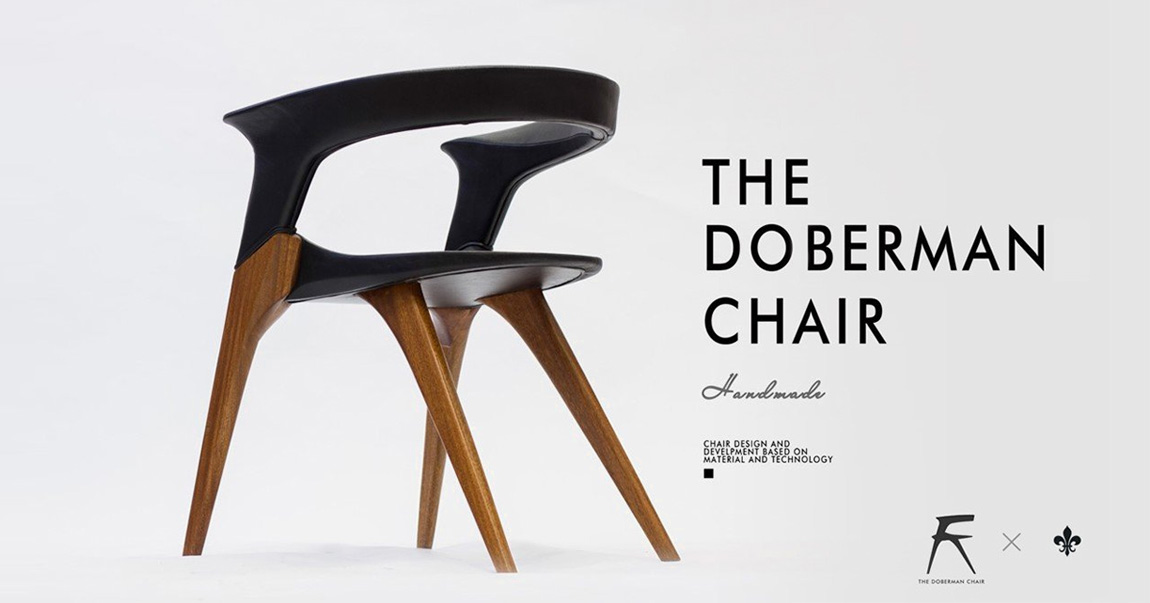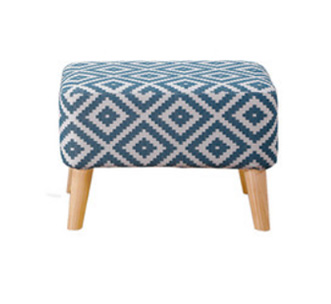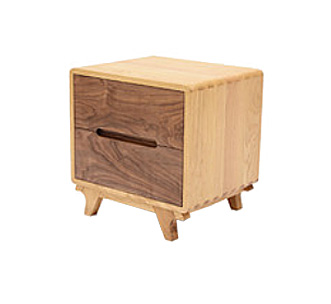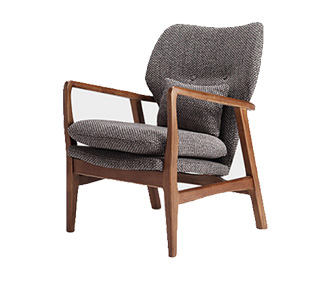All the time Doctor Bryerly was relating his conference with the head of the family at Bartram–Haugh my cousin commented on the narrative21 with a variety of little “pishes” and sneers22, which I thought showed more of vexation than contempt.
I was glad to hear all that Doctor Bryerly related. It gave me a kind of confidence; and I experienced a momentary reaction. After all, could Bartram–Haugh be more lonely than I had found Knowl? Was I not sure of the society of my Cousin Millicent, who was about my own age? Was it not quite possible that my sojourn23 in Derbyshire might turn out a happy though very quiet remembrance through all my after-life? Why should it not? What time or place would be happy if we gave ourselves over to dismal imaginations?
So the summons reached me from Uncle Silas. The hours at Knowl were numbered.
The evening before I departed I visited the full-length portrait of Uncle Silas, and studied it for the last time carefully, with deep interest, for many minutes; but with results vaguer than ever.
With a brother so generous and so wealthy, always ready to help him forward; with his talents; with his lithe24 and gorgeous beauty, the shadow of which hung on that canvas — what might he not have accomplished25? whom might he not have captivated? And yet where and what was he? A poor and shunned26 old man, occupying a lonely house and place that did not belong to him, married to degradation27, with a few years of suspected and solitary28 life before him, and then swift oblivion his best portion.
I gazed on the picture, to fix it well and vividly29 in my remembrance. I might still trace some of its outlines and tints30 in its living original, whom I was next day to see for the first time in my life.
So the morning came — my last for many a day at Knowl — a day of partings, a day of novelty and regrets. The travelling carriage and post horses were at the door. Cousin Monica’s carriage had just carried her away to the railway. We had embraced with tears; and her kind face was still before me, and her words of comfort and promise in my ears. The early sharpness of morning was still in the air; the frosty dew still glistened31 on the window-panes. We had made a hasty breakfast, my share of which was a single cup of tea. The aspect of the house how strange! Uncarpeted, uninhabited, doors for the most part locked, all the servants but Mrs. Rusk and Branston departed. The drawing-room door stood open, and a charwoman was washing the bare floor. I was looking my last — for who could say how long? — on the old house, and lingered. The luggage was all up. I made Mary Quince get in first, for every delay was precious; and now he moment was come. I hugged and kissed Mrs. Rusk in the hall.
“God bless you, Miss Maud, darling. You must not fret32; mind, the time won’t be long going over — no time at all; and you’ll be bringing back a fine young gentleman — who know? as great as the Duke of Wellington, for your husband; and I’ll take the best care of everything, and the birds and the dogs, till you come back; and I’ll go and see you and Mary, if you’ll allow, in Derbyshire;” and so forth33.





